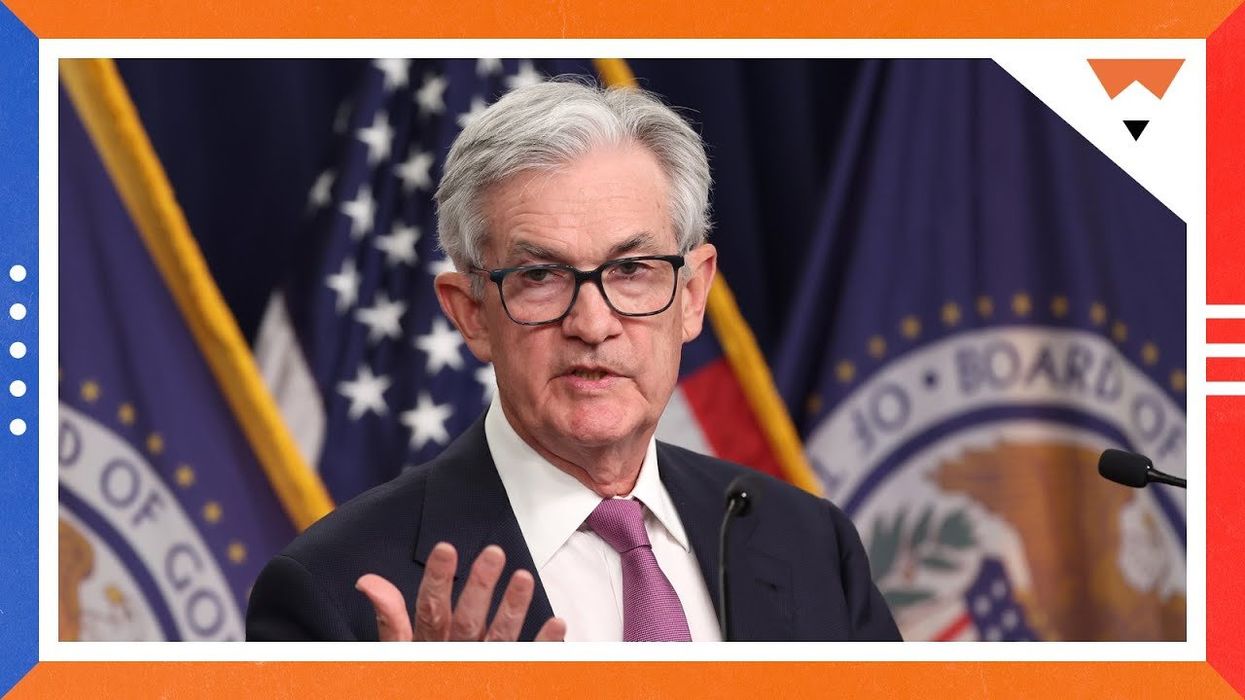American government is designed to have components that are not directly accountable to the public. The Supreme Court is probably the most recognizable example, but it’s not the only one. In her new book, “Limitless: The Federal Reserve Takes On A New Age Of Crisis,” New York Times reporter Jeanna Smialek focuses on another unelected institution with a lot of power over American life: the Federal Reserve.
In this installment of the FiveThirtyEight Politics podcast, Smialek argues that over the past century, through successive crises, the Fed has accumulated the power to choose winners and losers across American markets and society on the whole. And if partisan loyalists were to make their way onto the Fed board, that degree of power could be abused.




















Trump & Hegseth gave Mark Kelly a huge 2028 gift